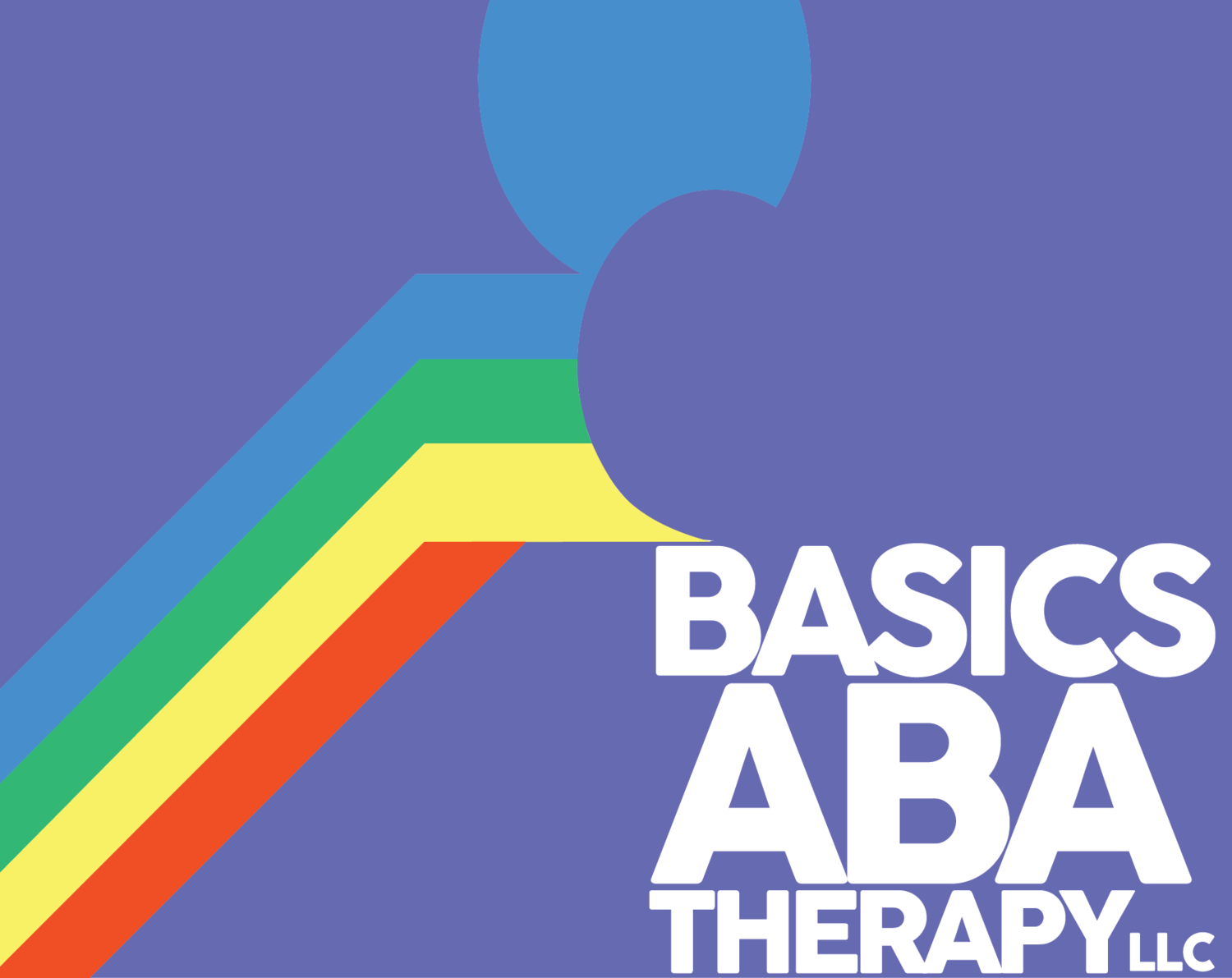You may have noticed that we use the words "effective" and "ineffective" instead of problem, inappropriate, or even target behavior. There is a very specific reason for that.
Years ago a few Autistic advocates looked at my website and, not so nicely, told me my use of appropriate was ablest. They pointed out that "appropriate" is a social construct, is culturally based, and centers on Allistic people. At the time my feelings were hurt but I didn't demand that they sugar coat their concerns- I listened.
So, I changed the way I talked. Now we use the terms "effective" and "ineffective". The purpose of supporting a client with a behavior is to get their needs met. We want to help teach them responses that are effective. Now, yelling to get a cookie is likely VERY effective right now for the 4 year old. But, in the long term when that person is 32 and goes to the grocery store, the behavior will be ineffective.
Looking at behaviors as "appropriate" or "inappropriate" is arbitrary. Calling something appropriate is basing it on how society thinks someone should act. However, social norms constantly change and they are different based on community and culture. In DC, the clients are overwhelmingly school aged Black boys. ABA is a field dominated by middle class white women. I am a middle class white woman (mostly) I'm constantly at risk of teaching incorrect social skills for the culture my students are a part of. Autistic Culture has their own social norms as well which is also ignored when we use the term "appropriate".
When we label the a behavior as "problem" or "inappropriate" then the language puts the focus on how it affects the environment- how it affects others. When we focus on effective and ineffective, it puts the focus on the student. When you use "ineffective", the implication is there MUST be something “effective.” If you use "problem behavior" or "target behavior" there isn't a given that there is a replacement being taught.
Its important to listen to Autistic voices about this. I've talked to Autistic people who like this language. There are also Autistic people who don't. Always be sure to ask your client about what language they would like. The disagreements on language are something we can discuss in another post.



